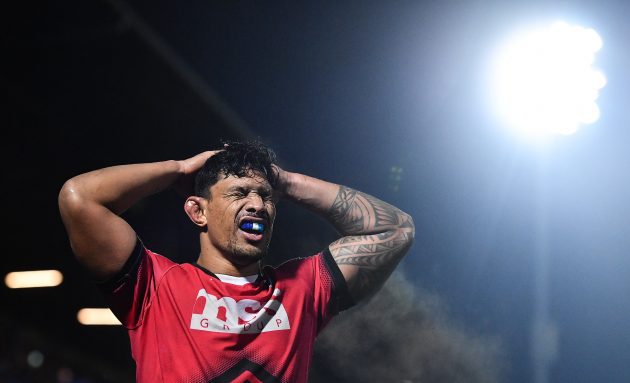If they are wise with future signings, frugal Welsh sides could show us all a sustainable blueprint
In 1997 the Florida Marlins won the baseball World Series. One season later they dismantled that team, offloading the highly-paid stars who had taken them to the greatest prize in the sport. The owners were hated. For them it was a business decision in an arena that is meant to be dominated by passion.
They’d won a World Series and the attendance bump, and therefore financial boost, that had come with that. They had no plans to keep hunting for glory if it meant increased salaries for a team who weren’t guaranteed to win again.
It was a fire sale.
They released or traded everyone of value and replaced them with budget options. After winning 92 games in the 1997 season, they won just 54 the following year. In American sports this is known as tanking, or rebuilding if you are feeling more charitable.
It makes some sense in the US. Baseball and American Football operate a draft system where finishing lower in the standings gives you a better opportunity to pick tomorrow’s star. There is a salary cap which forces teams to plan ahead. A team who doesn’t reckon they can win will often cut costs, like the Marlins, and free up cap space they can use to build a championship winning team.
Meanwhile, teams who think they are in with a shot will use every last dollar to build out their dream team. Potentially costing them further down the road when they have a core of over-age, and overpaid, players weighing them down.

Dragone won just five matches last season (Getty Images)
For a number of reasons – including how the salaries are set-up and the funding model – tanking doesn’t make sense in rugby. Teams might hold off signing elite available players due to the salary cap or hand the keys to a young untested fly-half for a season rather than go with the better, but older, alternative. But wholesale tanking doesn’t happen. At least, it didn’t until the Welsh regions embarked on it this off-season.
It’s not planned or desired, but we are going to be witnesses to what happens when a rugby team tanks. It could be very ugly. As it stands, Cardiff Rugby don’t have a fly-half. They have a centre cupboard which looks like it will be bare whenever Wales play. Back in the Covid impacted European Cup days, we watched fondly as they assembled anyone and everyone they could find, just to fulfill fixtures. It was heart-warming. It won’t be when they have to do it for an entire season.
It could be the start of a dangerous spiral. If you don’t win – worse, if you’re totally uncompetitive – then the crowds go.
That cuts into all your match-day takings. That impacts sponsors who don’t want to be associated with a losing team. Maybe you’ve had enough of losing and want to build a winning team? Well, now you’ve got no money to do it. Those same issues are present in American sports, except they’re propped up by enormous TV deals which make ticket sales pleasant bonuses rather than a vital source of income.
The way forward for tanking Welsh rugby sides
Despite this, there is a potential positive which can be spun.
Clubs have to cut their cloth accordingly. Too many of the recent club collapses have happened because they over-spent and then an investor pulled out or the economic conditions changed, such as a global pandemic. Unwilling to lose, and suffer the financial consequences of that, teams egged each other on to make increasingly unwise signings.
Now the music has stopped. The Welsh regions don’t have the money to engage in those games, even if they wanted to. They are forced to think and act differently. From that necessity the invention could be game changing.

Can Cardiff put out a competitive line-up next season? (Getty Images)
The challenge of rugby recruitment is that you can either sign someone who is a proven success, but it will cost you, or you can spend less on an unknown quantity but you’re basically flipping a coin. Very occasionally you will get a proven talent going cheaply due to past injuries but again you are taking a gamble that they will stay fit. What is rarely talked about is the middle ground. The proven players who aren’t stars.
Look at MLR, Shute Shield in Australia, or ProD2 in France and you will see a host of players, many with upwards of 40 appearances in the last few years, who are known quantities. These are rarely tapped into. Instead, teams employ a venture capitalist strategy, taking punts on young talents and knowing that even if just a couple turn out to be good, they will be quids in.
The Welsh regions can’t do this. They can’t waste money on someone who turns out to be a dud. They need to turn to those known quantities hiding in plain sight around the leagues of the world. That’s going to be the way back to competitiveness. Just playing the academy players risks not only heavy losses but potentially confidence-shattering and development-halting losses.
If they make this work then they could set the blueprint for a more sustainable future for rugby.
What do you think of this take on tanking Welsh rugby sides? Let us know at rugbyworldletters@futurenet.com or via social media.
Download the digital edition of Rugby World straight to your tablet or subscribe to the print edition to get the magazine delivered to your door.
Follow Rugby World on Facebook, Instagram and Twitter.





